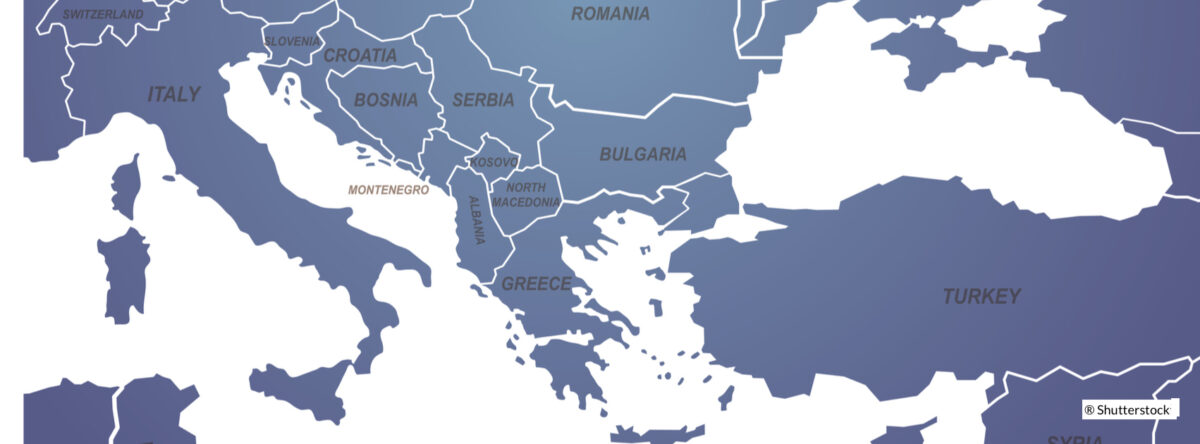The Western Balkan region has historically been a battlefield of power politics. Great powers have been competing for territory and influence, aiming to promote their values, influence the course of events, gain the loyalty of the populations, and establish a foothold in the region. The region comprises a “patchwork” in the sense that different religions and empires have left their mark on its history, which is reflected in a very heterogeneous population both within and between states. With its rich mix of Orthodox and Catholic Churches and Islamic religions, the region as a whole remains European. Today, a struggle for influence is being waged between the West, namely the EU, the US and NATO, Russia, and increasingly China and some Gulf States, all of which have different strategies and objectives in the region. It is important to note that Turkey has its own strategic interest in the Balkans and is an increasingly important player there.
When examining the Balkans through the hybrid threat lens, the region looks particularly vulnerable to activity relating to hybrid threats. Hybrid threat activity targets democratic states and those states where the democratization process is ongoing. A hybrid threat is a Western concept depicting the threat that democratic states face in the 21st century. The activity seeks to exploit the systemic vulnerabilities of democratic systems. This means that countries in the process of democratizing are especially vulnerable. Furthermore, hybrid threats also appear in places where there is geopolitical competition and strategic interests fostered by actors that oppose each other.
In the Report, three trends will be described: Attraction–Rejection (external relations), Healing–Pain (regional and internal), and Stability–Instability (security concerns). All three trends include two opposing lines that run parallel. This aptly depicts the complex situation in the Balkan region. Different dichotomies are always used by those behind hybrid threat activity. These trends highlight the very vulnerable seams of the societies in the Balkan region. When the status competition and economic interests of outside actors are added to the mix, the Balkan region becomes a target highly prone to hybrid threat activity.
The report is an outcome of two Hybrid CoE Balkans Expert Pool meetings. Eleven participating states were represented by academic experts who assembled to discuss trends related to the Western Balkans. They were asked to identify key trends in the region in order to assess potential threats, vulnerabilities and opportunities that could be exploited by hostile actors to destabilize the region and challenge the EU.
The analysis is based on the written contributions of experts and the workshop’s roundtable discussions held between experts and practitioners. The report is a product of Hybrid CoE and hence does not necessarily represent the views of any expert or practitioner that contributed to the content and attended the workshop.


 Hybrid CoE Trend Report
Hybrid CoE Trend Report 




